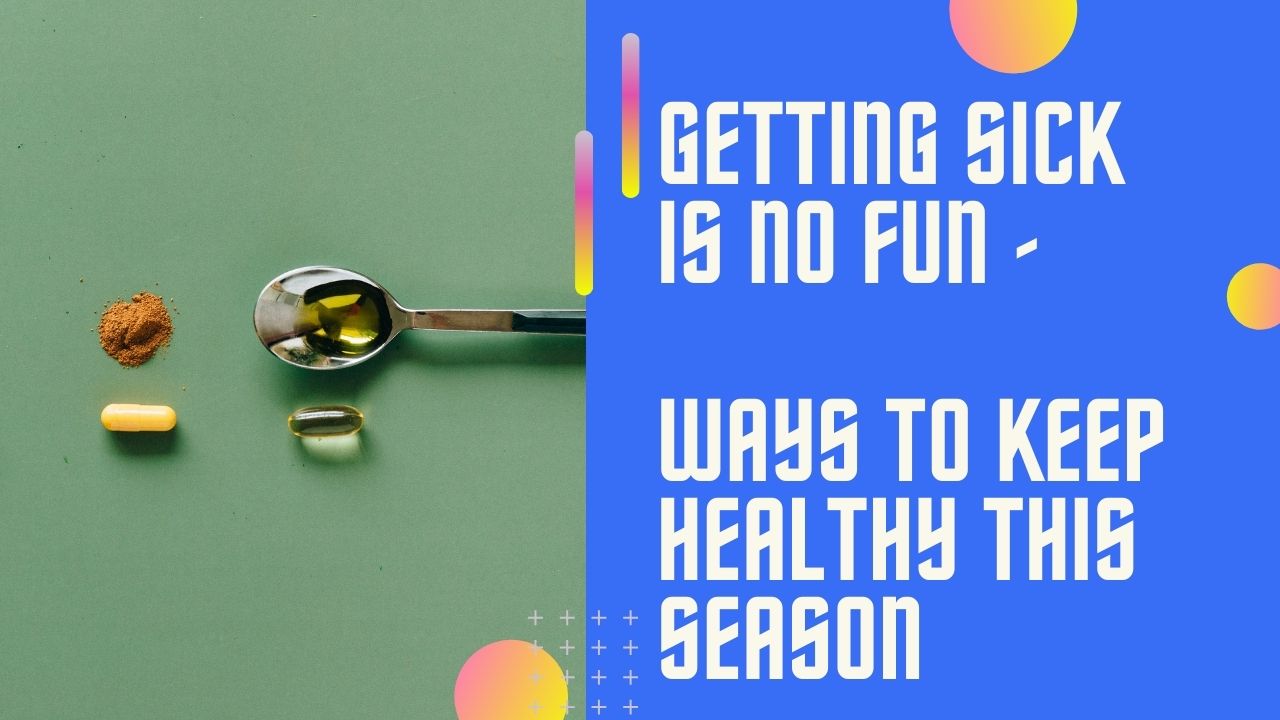Pesky cold and flu bugs are making their rounds.
As the weather shifts, so does our vulnerability to infectious viruses and bacteria infiltrating our schools, workplaces, and homes.
Here are some essential tips to keep you in good health and steering clear of those dreaded sick days:
1. First and foremost, don’t ignore the signs.
Whether it’s a scratchy throat, a hint of a cough, feeling drained, or a slight fever, early treatment is key. Research shows that early intervention can reduce the severity and duration of colds. It’s possible to stop a cold; it just takes a few easy steps.
2. Lay off the sweets for a few days.
Watch what you eat—reducing refined sugar intake works wonders for your immune system. During the holidays, we tend to indulge, but remember, even a teaspoon of sugar can significantly dampen immune cell activity by up to 50%!
Prioritize a balanced diet and consider regular probiotics while sidestepping food intolerances. A whopping 80% of our immune system resides in our gut.
3. Some treatments are already in your home.
Hydration
Water is key. Even warm lemon water with honey can loosen congestion and prevent dehydration. Steer clear of alcohol and caffeinated beverages as they worsen dehydration.
Vitamin C
Vitamin C is quite the immune system ally. It works as an antioxidant, tackling those pesky free radicals created during infections such as colds. This powerhouse supports the function of immune cells, possibly boosting the body’s defense against viruses. On top of that, its anti-inflammatory traits might just dial down the excessive inflammation linked to cold symptoms. While research indicates that consistent vitamin C intake, especially when a cold starts, could potentially ease symptoms or cut their duration for some folks, its effectiveness can differ from person to person.
Zinc
Zinc supports the function of immune cells, aiding in their ability to fend off viruses like those causing the common cold. Zinc also contributes to the production and activation of enzymes involved in various immune processes, bolstering the body’s defense mechanisms.
4. If it’s turning worse?
Knowing when to seek medical attention is vital. Severe symptoms like a persistently sore throat, an unrelenting cough, high fevers, dehydration, ear pain (especially if you notice your little one tugging at their ears), intense sinus pressure, or a new rash—especially in infants under six months with a fever—require immediate attention from your doctor.
Take care of yourself
It might seem impossible to stop a cold, and they can certainly make you feel down and out. I know it’s tempting to reach for the latest fix, but the most effective approach is probably self-care. Get some good rest, stay hydrated with fluids, and take your vitamin C and zinc. Oh, and don’t forget the handwashing—do it frequently. These simple steps can really make a difference when you’re battling a cold.
Should you require more guidance or care, don’t hesitate to reach out.

